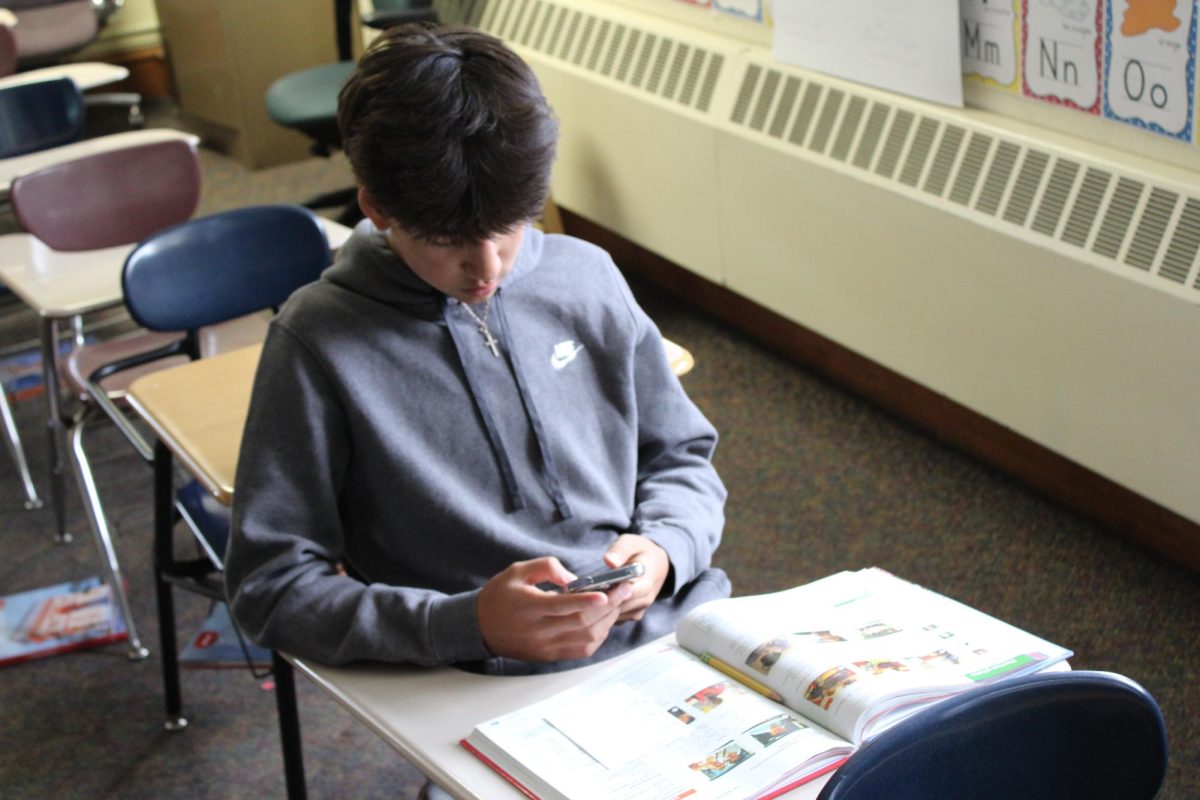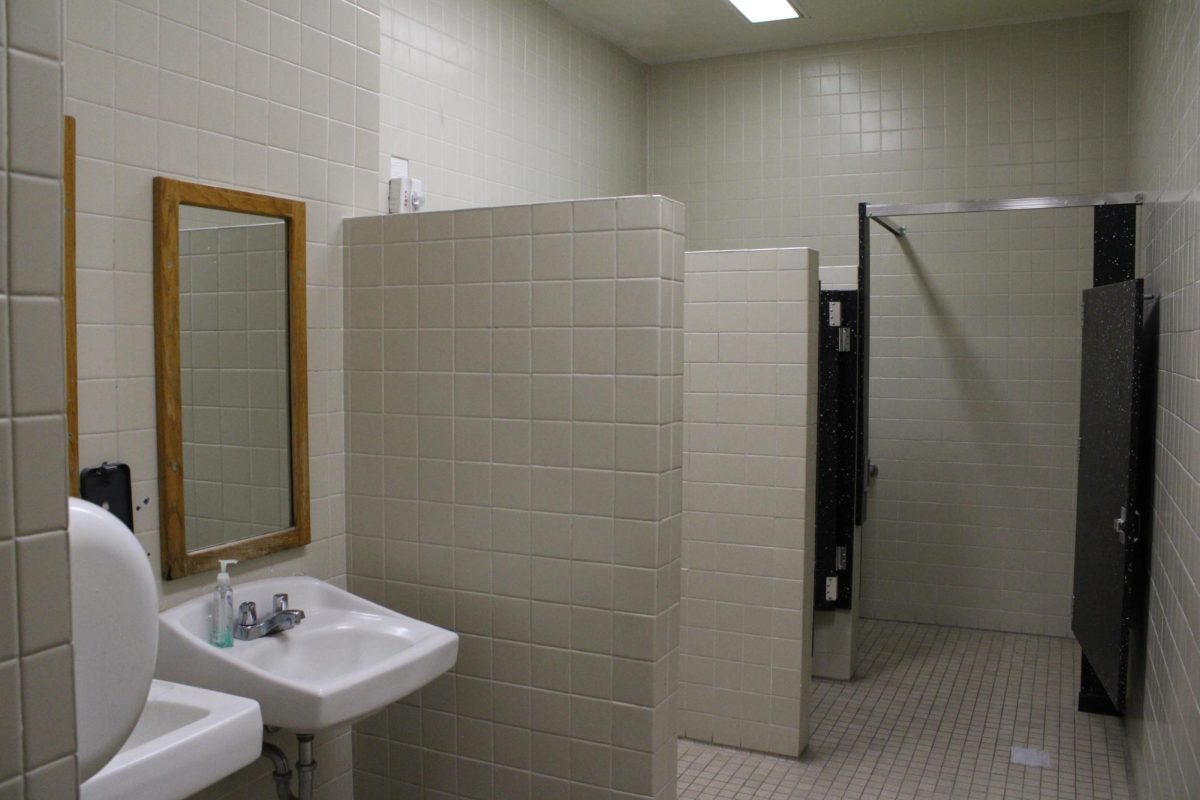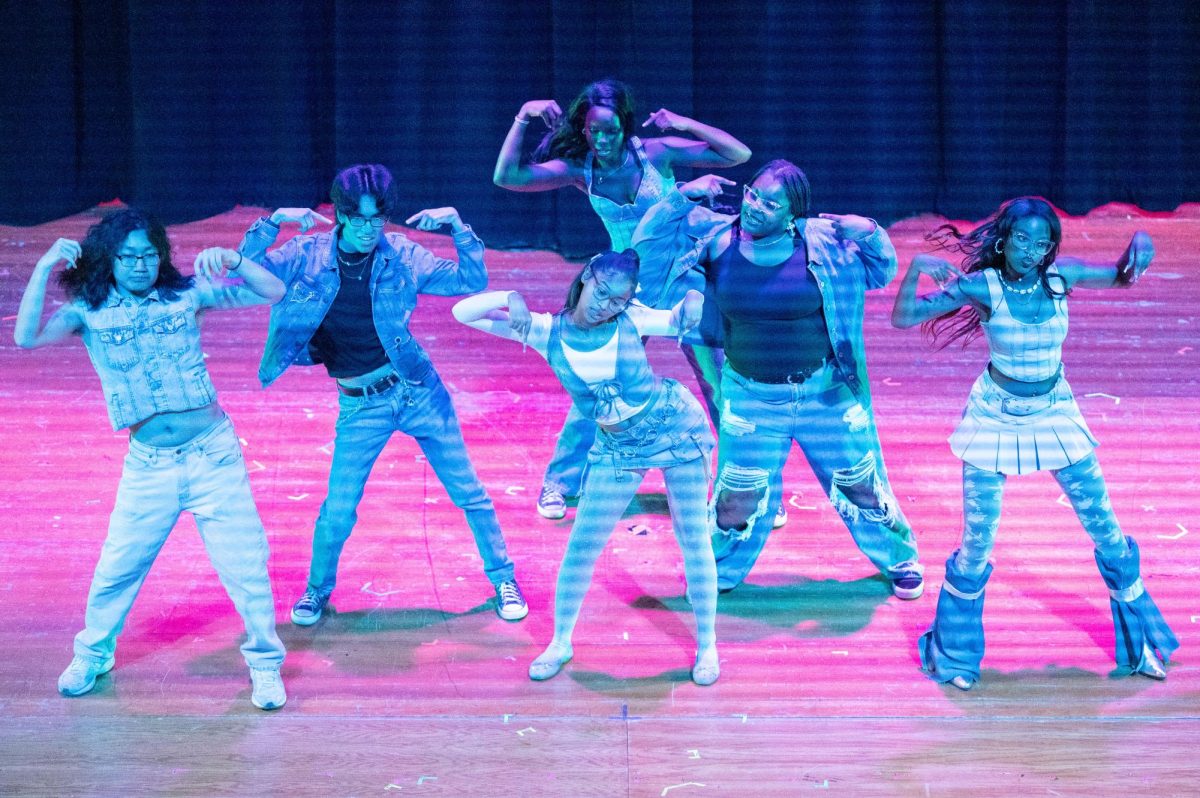In my freshman year at Central, I took a speech and debate class. It was one of those courses where you’d learn about the different types of speech as well as the structures of debates, and then practice them in front of others. I wasn’t particularly inclined towards public speaking, nor was I very extroverted, but one of my goals going into high school was to come out of my shell and get more comfortable around larger groups.
Because of this, I mustered up my courage and signed up for Molly Mattison’s Intro to Speech and Debate class, tried out for cheerleading and exposed myself to as many clubs as I could. If I had to name what had the biggest impact on me that year, I would answer the first with no hesitation.
At first, it was very hard to get accustomed to the class. It was so far out of my comfort zone that everything we did required me to exert myself. I would stress about presenting the night before, my palms would get clammy waiting to be called on, and my heart would race walking up to the front of the class. If anything, the course doubled as a workout with the way it got my heart rate up and made me sweat. It truly was a hard class to take — at first.
However, one thing I specifically remember changing my perspective was having to recite a poem in front of the class for an oral interpretation assignment. I spent hours reading the words on the page, going over every line and committing it to memory. And despite me having it down that morning, I still ended up stumbling over my words.
I also recall this moment because it was the first time that year that I presented without reading from my paper. It was the first time I was relaxed enough to look at my classmates as I talked and made Courtney Peppernell’s words my own.
For me, I had always expressed myself through unspoken words, through the ones you’d read off a page. That day was the day I was able to connect my passion of poetry to my learning of public speaking. Then, it clicked for me.
I joined the speech and debate club after that. In the club, we went beyond learning about it and additionally practicing it in competition. I would have three rounds to present my speech to different judges, competing with six others, and we would be ranked so the best would move on to the final round afterward. During my time, I tried the informative and persuasive categories. Both categories were similar, with a 10-minute cap on presentation time — the thought of which was terrifying to someone like me. My very first time, I ended up forgetting my speech a minute in, and I spent 30 seconds calming myself down and using breathing techniques in front of the judge as I waited for the next lines to float back into my head. My other rounds that day didn’t go so well either.
What helped me was researching topics that interested me. I was able to use them as stepping stones to reach a comfort I had never felt before when confronted with an audience. As I attended competitions and continued to place better and better, I gained more confidence, although the nerves never completely faded. Slowly but surely, I started to loosen up, and it wasn’t as scary as it was when I’d started.
There is high value in taking a public speaking class in high school, especially for those who are more reserved. It really opened me up to new opportunities. I found myself approaching people and making friends more easily, being more expressive when cheerleading, and feeling more closely connected within communities as an active participant.
It was only possible for me to develop my voice because I took the course, and I have Mattison to thank for my growth. I was supported throughout the process, which only furthered the progress I could have made if I had been on my own.
















